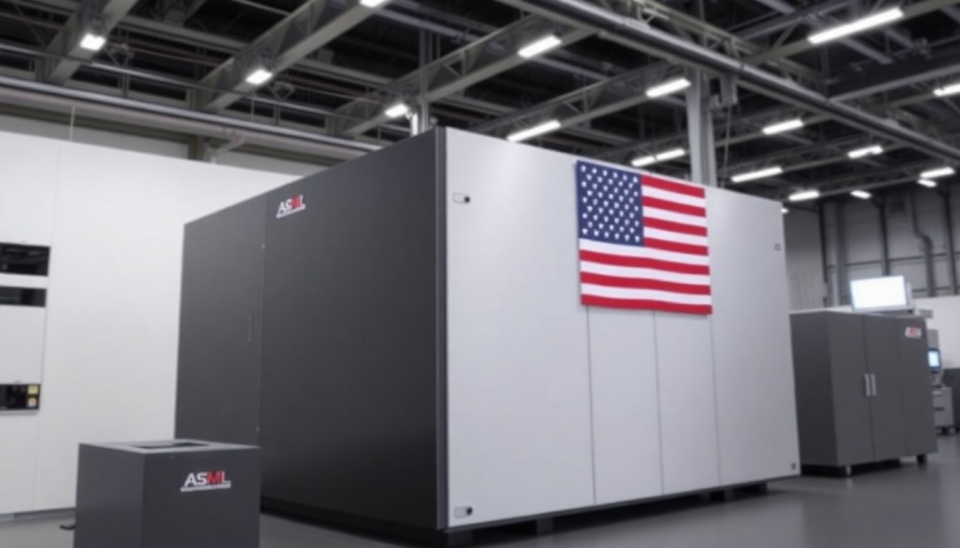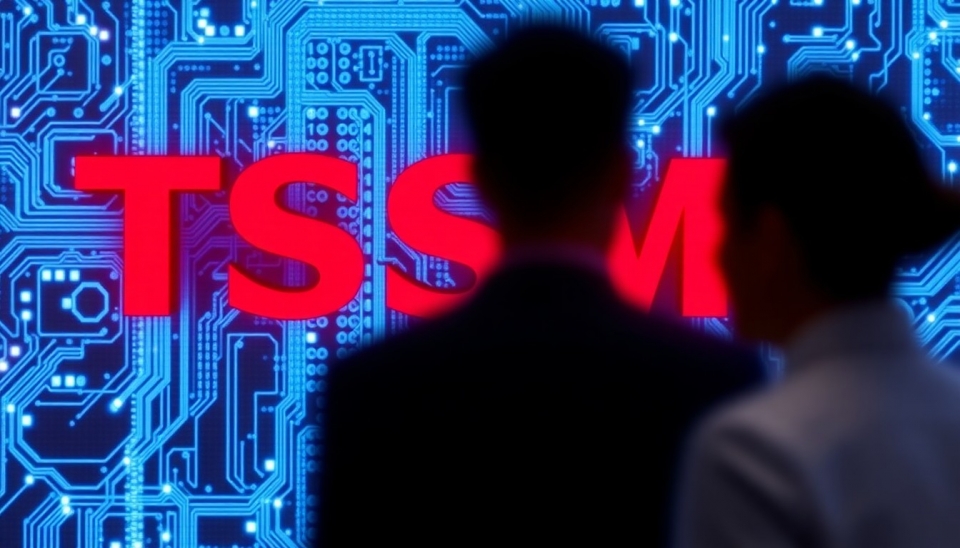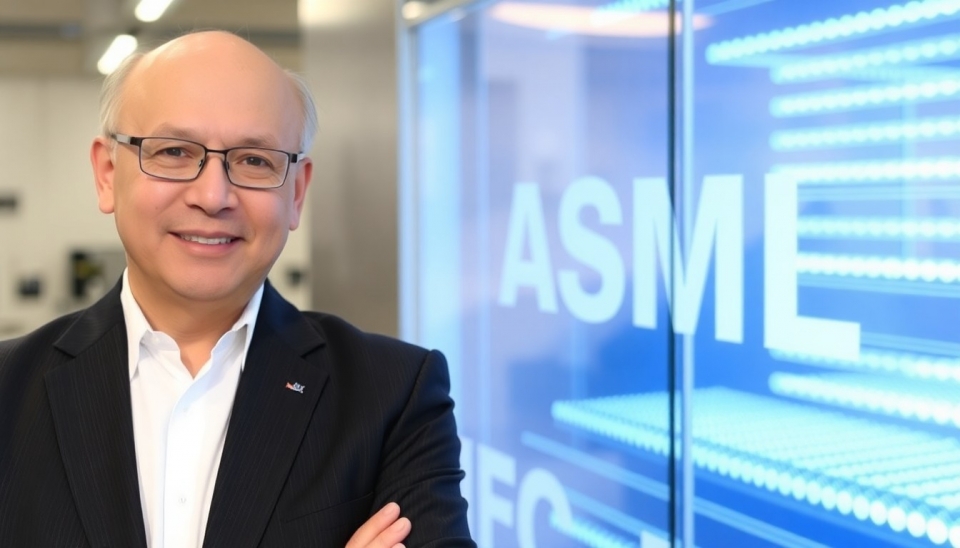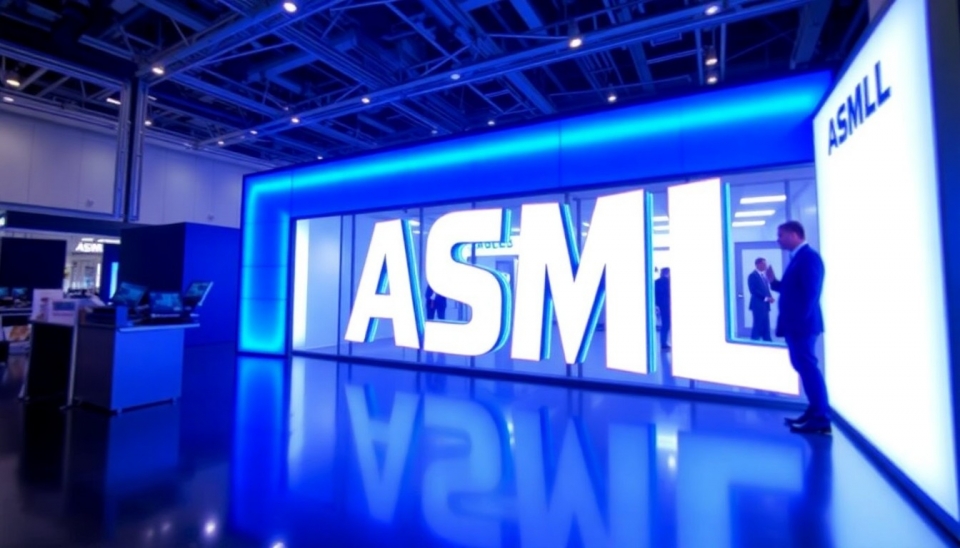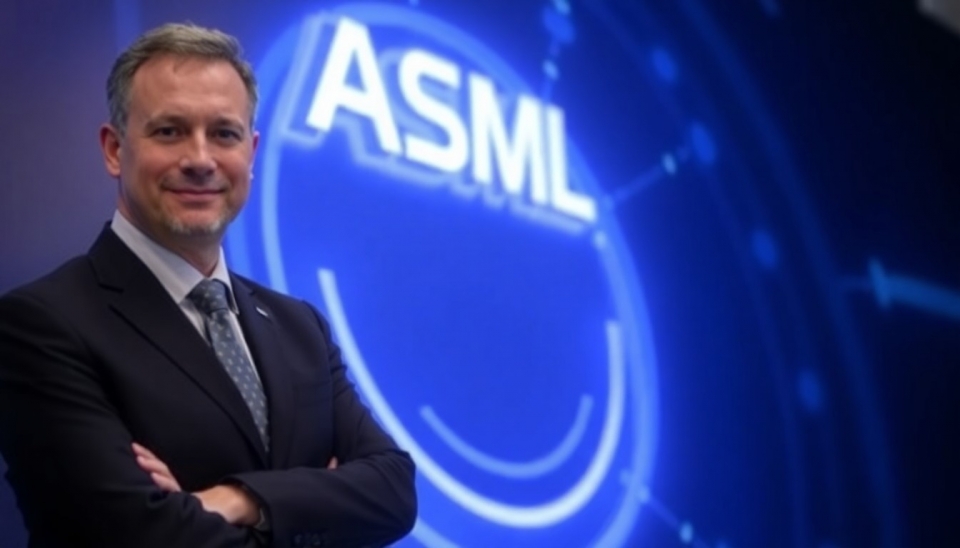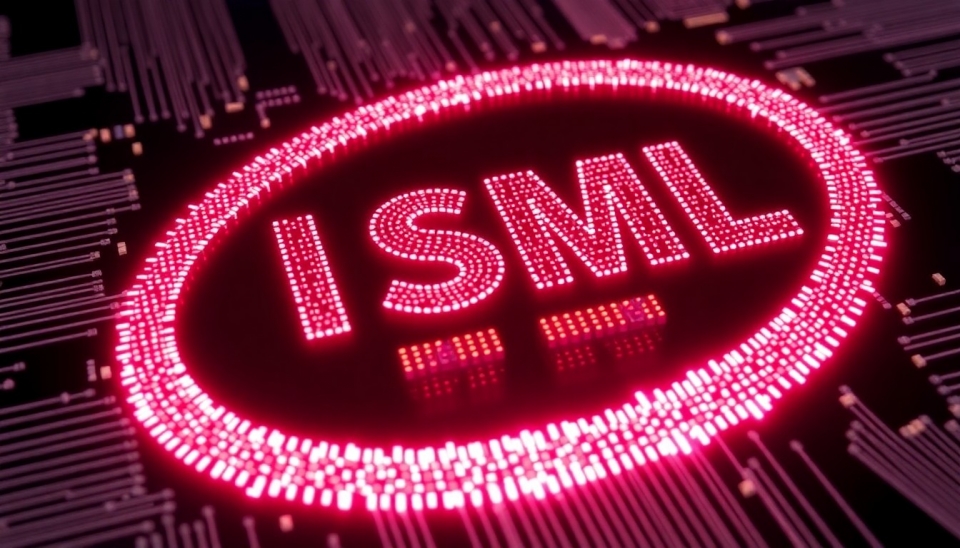
ASML Holding NV, the world’s leading manufacturer of photolithography machines used in semiconductor production, finds itself at a crossroads as various market dynamics start to impact its business outlook. Recent reports indicate that the company is grappling with a host of challenges primarily stemming from its key clients Intel and Samsung, as well as growing tensions in the Chinese chip industry.
As semiconductor demand fluctuates globally, ASML has expressed caution regarding its financial projections for the upcoming quarters. The chip sector has seen significant volatility, with major customers like Intel and Samsung navigating their own hurdles in production and innovation. These challenges at the client level are concerning for ASML, which heavily relies on these tech giants for its revenue streams.
Intel's ongoing transition to advanced chip technology has not been smooth. The company has faced delays and setbacks in ramping up its new process nodes, leading to concerns about its competitiveness in the market. This situation has directly impacted ASML, which specializes in the extreme ultraviolet (EUV) lithography equipment necessary for manufacturing cutting-edge chips. If Intel cannot innovate rapidly, ASML’s EUV machine installations may decrease, which would affect the company's long-term growth potential.
Similarly, Samsung, another significant player in the semiconductor landscape, is also encountering issues that threaten ASML's outlook. The South Korean tech titan is striving to maintain its leadership in memory chips and advanced logic devices but has seen its profits dwindle amid stiff competition and rising production costs. With Samsung facing challenges, it spells uncertainty for ASML, given that any slowdown in Samsung's production plans could significantly reduce ASML's machine sales.
Compounding these difficulties are geopolitical tensions, particularly the ongoing issues surrounding China’s semiconductor policies. ASML has previously expressed concerns over potential export restrictions and the changing landscape of international trade and technology transfer. The company's critical machines are influential in aiding Chinese manufacturers; however, stringent restrictions from Western nations complicate this relationship further. This geopolitical dynamic places additional pressure on ASML, as it must navigate these tumultuous waters carefully.
Despite these challenges, ASML remains a critical player in the semiconductor manufacturing landscape, holding a dominant position in the market. The company has continually stated its commitment to innovation and is actively working on new technologies that could mitigate the effects of current challenges. However, analysts warn that ASML’s future growth may hinge on the recovery and performance of its key clients, particularly as they grapple with their operational difficulties.
In conclusion, ASML is at a pivotal point where it must confront the challenges posed by its major customers and the changing global semiconductor landscape. With heightened scrutiny of its operations and strategic decisions, the firm’s leadership will need to be agile and responsive to turn the tide and secure a positive outlook moving forward.
#ASML #Semiconductors #Intel #Samsung #ChipMarket #EUVLithography #Geopolitics #Innovation
Author: Emily Collins
